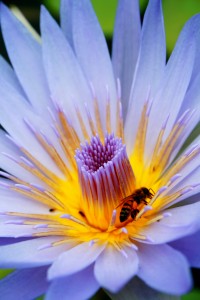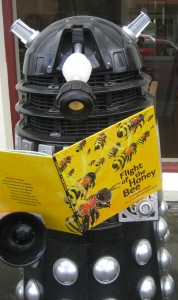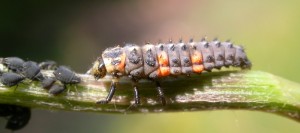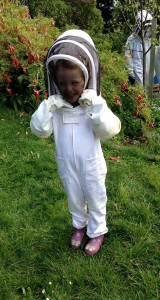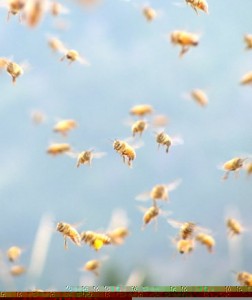The home garden supplier, Yates, advertises a handy spray-can of pesticide as ‘low toxic to beneficial insects’ and ‘soft on beneficial insects’. Lies. The pesticide is extremely toxic to the world’s most beneficial insect, the honey bee – a nerve poison 7000 times more lethal than DDT. The pesticide (Confidor) contains nicotine-based poisons which are now banned in France, Italy, Germany, and Slovenia, because of links to massive bee deaths.
These nicotine pesticides (‘neonicotinoids’) are widely used on NZ crops and are now available to the public. Labelling them ‘soft’ on pollinators is biting the hand the feeds us. Bees have been our partners for ages– our important foods need bee pollination. Neonicotinoid pesticides are systemic – the whole plant remains toxic right through to flowering. If spray drift doesn’t kill them, bees could be poisoned by pollen, nectar, and drinking water. Even sub-lethal doses weaken bees’ reproduction, immune systems, navigation, and memory.
 Government agencies are not restricting neonicotinoids, so we all need to act: suppliers can label honestly; garden shops can warn customers; and gardeners can avoid ‘handy’ poisons. Neonicotinoids are in these products: Confidor, Advantage, Merit and Admire (what shameless names).
Government agencies are not restricting neonicotinoids, so we all need to act: suppliers can label honestly; garden shops can warn customers; and gardeners can avoid ‘handy’ poisons. Neonicotinoids are in these products: Confidor, Advantage, Merit and Admire (what shameless names).
Evidence: Scientific studies/reports; Nicotine Bees (movie); UN Bee Report; EPA Memo; student journalist challenges Yates.
